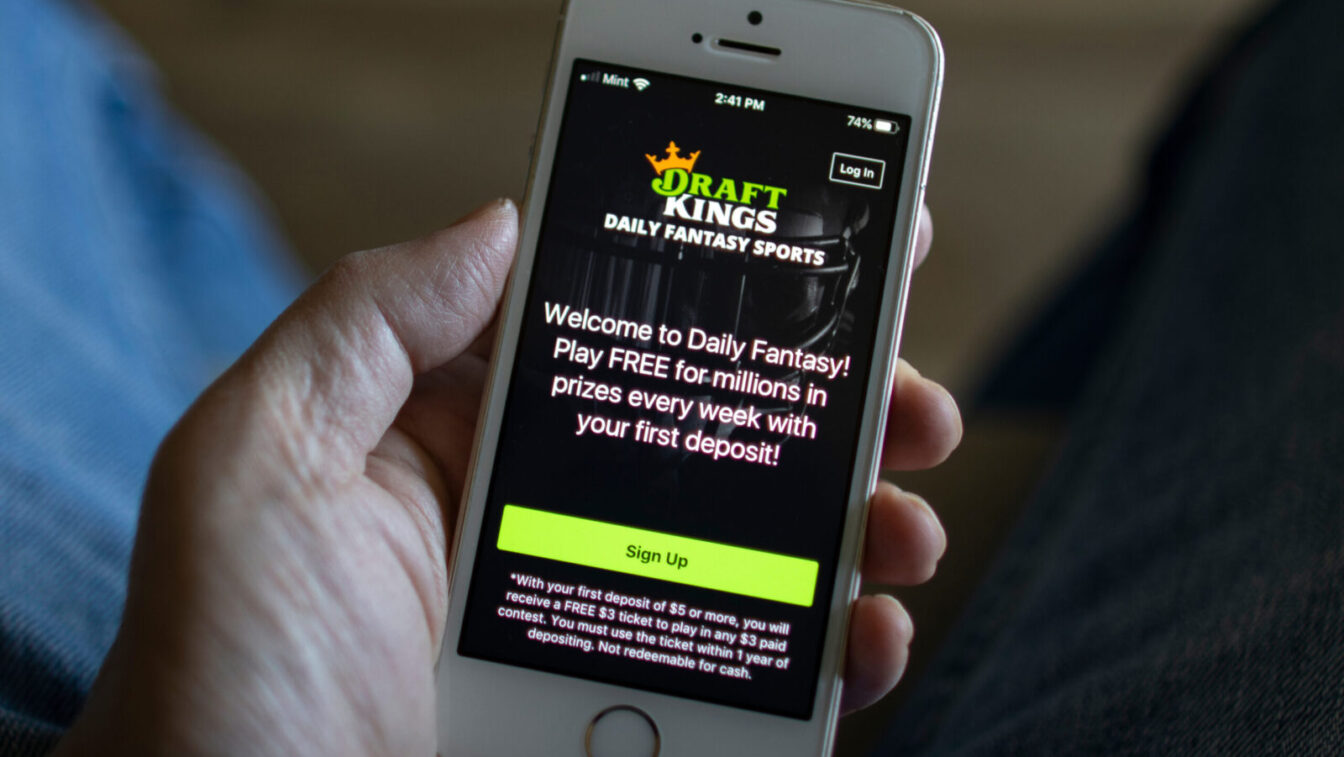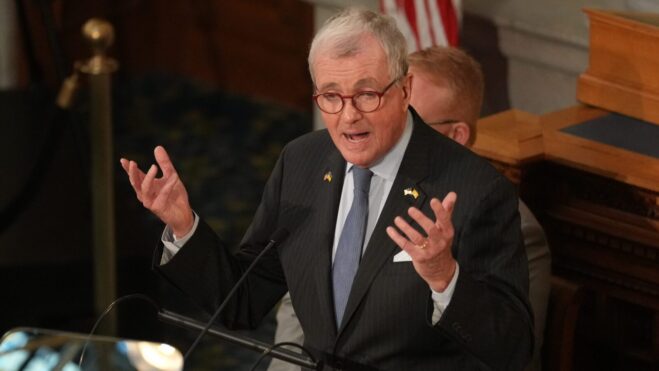Lawsuit Filed in Massachusetts Targets DFS Operators Over Sports Betting
Massachusetts has long taken a nuanced approach to regulating sports betting and DFS
2 min

A lawsuit filed in Massachusetts against PrizePicks, Underdog Fantasy, and Yahoo Fantasy Sports marks another chapter in the ongoing legal battles surrounding daily fantasy sports (DFS). The complaint, filed in Massachusetts Superior Court, seeks to recover money spent by Massachusetts residents for what plaintiffs claim were illegal wagers under the state’s current gambling laws.
The legal action comes in the wake of a broader national reckoning over the legality of certain DFS games as states continue to tighten regulations on sports betting and fantasy contests, and the games themselves evolve in response. The lawsuit argues that DFS contests offered by the three platforms violate Massachusetts law because they amount to illegal gambling, because none held a license to offer sports betting.
According to the suit, users were enticed to wager money on prop bets and pick’em bets, neither of which were intrinsically tied to DFS contests. Under Massachusetts law, sports betting is legal but requires state licensing and oversight. The defendants operated contests outside of this regime. The plaintiffs aim to recover money — upward of $10 million — spent by participants who engaged in what the lawsuit deems unlicensed and illegal betting activity.
This past February, Massachusetts issued cease and desist letters to several companies, and PrizePicks and Underdog halted their operations in the state the following month. While they agreed to voluntarily suspend the bets in the state, Yahoo’s compliance remains in question, according to the lawsuit.
Thin, blurred lines
Massachusetts has long taken a nuanced approach to regulating sports betting and DFS. Sports betting was officially legalized in the state in 2022, but it is governed by strict licensing and regulatory requirements. Operators like DraftKings and FanDuel, which had dominated the DFS market, have had to adjust their operations and products to meet these guidelines.
In 2016, Massachusetts adopted regulations specifically addressing DFS, treating it separately from conventional gambling. The 2016 regulations imposed consumer protections and operational standards on DFS companies, including minimum age restrictions, advertising guidelines, and data privacy rules.
The case has raised questions about whether DFS, as it currently exists, is fundamentally different from traditional betting. That debate has only intensified as new hybrid models, like those offered by PrizePicks and Underdog Fantasy, gain popularity.
Nationally fractured approach
Massachusetts is not the only state targeting DFS platforms. In fact, several states have passed laws or filed lawsuits aimed at curbing the industry or forcing it to comply with traditional gambling regulations.
For example, in New York, one of the largest markets for DFS, the state government took aggressive action against platforms like DraftKings and FanDuel in 2015. The New York attorney general at the time, Eric Schneiderman, argued that DFS constituted illegal gambling under state law.
The state eventually reached settlements with both companies, and DFS was legalized under specific regulations in 2016. However, the settlement required the companies to pay fines and ensure compliance with state gambling laws.
In Texas, then-Attorney General Ken Paxton issued an opinion in 2016 stating that DFS contests were illegal gambling because they involved an element of chance. This didn’t lead to an outright ban or approval, allowing DFS operators to continue functioning in the state in what is still a gray area of legalization.
More recently, Florida’s attorney general investigated PrizePicks, suggesting that its DFS offerings violated state law by functioning as illegal sports betting. Florida has long had a complicated relationship with gambling regulations, although PrizePicks — as well as Underdog — relaunched in the state in April using a new peer-to-peer format.





